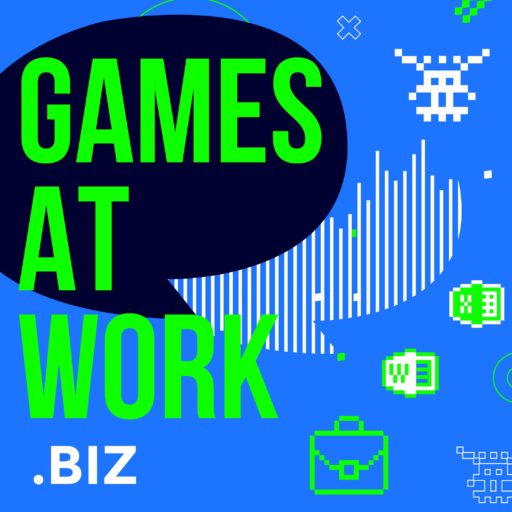
The Michaels are together again to talk about gamifying pizza delivery – based on a nugget of information in our daily Google alerts. This article gets us to go down a bunch of thought exercises around gamificaiton, 3d-printing, Möbius strips, and other fun discussions. We also follow-up from last week’s show on what games (or things) we want (or would love to give) for year end holiday gifts.
Links:
Lord Nibbler
Gamifying Pizza Delivery
3d Printer Pizza
Möbius strip
What tech do we want to give or receive this holiday season:
Apple Watch
Watch Kit
Michael Rowe’s – Wasted Time App
AR Parrot Drone
Uber God mode
Tic Tac Toe
Disco Zoo Warning – Freemium Game
Hearth Stone
Podcast: Play in new window | Download (Duration: 32:18 — 22.4MB) | Embed
Subscribe: Apple Podcasts | Spotify | Amazon Music | Android | Podcast Index | Youtube Music | RSS | More

